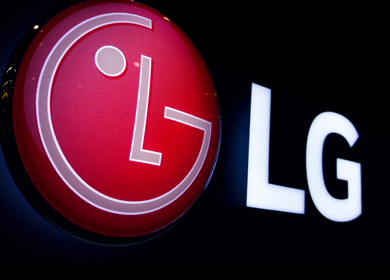Microsoft Plans to Integrate ChatGPT into Bing: Implications on Search and Web Traffic
Published: January 06, 2023

ChatGPT as we know it has become the talk of the town, with several users engaging in conversational searches on this platform. The popularity of this chatbot has fueled the growth of AI-generative platforms.
While many thought the chatbot could pose a direct threat to Google’s search dominance in the market, now Microsoft has eyed its potential and plans to integrate ChatGPT into its Bing search engine. The Information reports that Microsoft hopes to launch the new feature before the end of March in a bid to make Bing more competitive with Google.
Of course, Google is also considering its options for including conversational bots in its search engine. For years, Google has been known for developing several proprietary AI models. But it has not yet officially rolled out a chatbot as part of its search engine interface because of reputational risk. Google reportedly cited bias and factuality issues with existing AI chatbots as a reason it’s not ready to replace search just yet.
Exactly, how Microsoft plans to integrate ChatGPT is still under wraps. It’s likely the company will start with beta tests and a limited amount of integration before it’s ready for all Bing users to take advantage of.
By using the technology behind ChatGPT, Bing could provide more human-like answers instead of search links to information. Both Google and Bing already display relevant search snippets at the top of queries, but Google’s knowledge panels are more widespread and popular.
With this new move, Microsoft is rumoured to bring ChatGPT-like functionality to Bing to compete with Google’s Knowledge Graph. It may also go much further to provide newer AI-based functionalities.
ChatGPT-Bing Integration and its Implications on Search and Web Traffic
The integration of ChatGPT into Bing could lead to a major shift in thinking around search optimization, while also likely causing a drop in overall website traffic. Moving to a conversational question-and-answer type of search interface may provide a great user experience. But is likely to reduce the amount of web traffic significantly.
Since the entire discovery process will be chained to a chat-like interface, there will be no way of adding referral links that direct traffic to the website. Unless there is some way Bing plans to add paid results into ChatGPT responses, this could cause a major change in search engine models and SEO processes.
Instead of focusing on keyword optimization, businesses would need to prioritize the creation of high-quality, informative content tailored to the needs and interests of their target audience. Search behaviour is poised to change with the introduction of chatbots in search engines. As SEOs, SEMs, and marketers, it’s vital to watch out for these new developments and transform marketing strategies accordingly.
There is no way of optimizing website content for ChatGPT responses. Google ranks websites based on its algorithms to display the most relevant search results. But if ChatGPT becomes a mainstream search system, how will it rank results or show relevant content?
What we know as of now is that ChatGPT culls its responses from a historical database of information dating back to 2021. So, there is also no way it can provide up-to-date results since it has limited knowledge of events after 2021. Besides, there is still not much clarity on how the platform is planning to minimize concerns about accuracy and bias in its results.
It's still unclear how ChatGPT’s functionality will be integrated into Bing. But one thing is for certain - it has the potential to disrupt the search industry and change the way businesses approach SEO. With its advanced language processing abilities and adaptability to different conversational styles, will ChatGPT help Bing outflank its long-standing search competitor? We need to wait and watch!










Be the first one to comment.